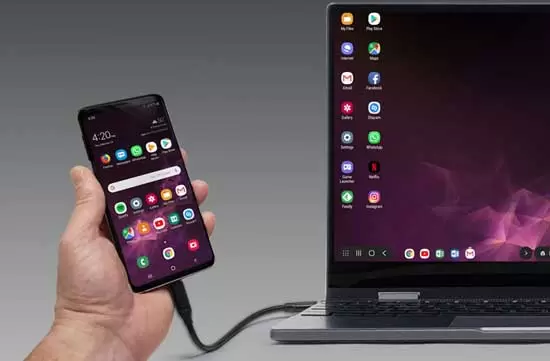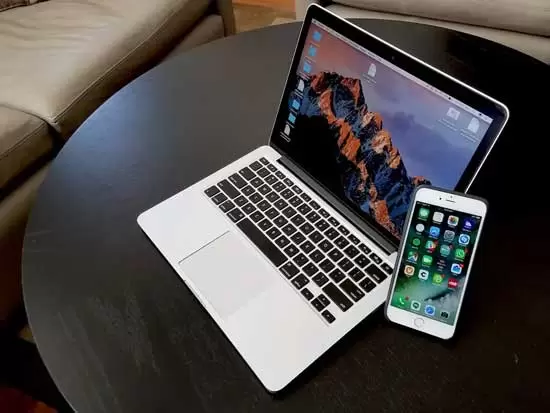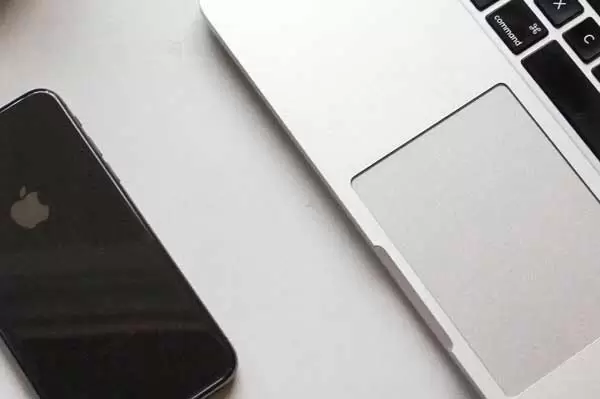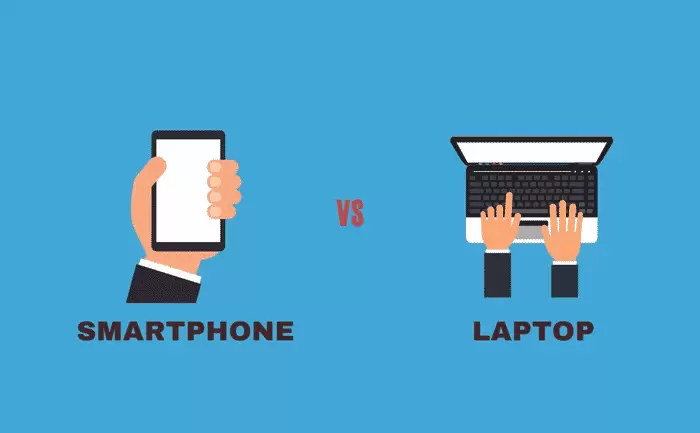Smartphone vs Laptop: Which Should You Get? 2023
Smartphone vs Laptop: Which Should You Get? 2023
Some time ago, smartphone manufacturers were trying to make their phones smaller, but it seems that the reverse trend has started. With the introduction of foldable smartphones, mobile phones may replace larger devices, especially laptops. There is no doubt that as mobile phones become smarter, the need for laptops will also decrease.
For example, how long has it been since you checked Instagram or Twitter on your laptop? Probably a lot! Usually, smartphones have many functions of laptops. But can smartphones really replace laptops? In this article, we will examine a few points to see if such a thing is possible or not.
1- In terms of the operating system
An operating system is what makes a smartphone or laptop work. Without an operating system, these devices are just a series of boards and wires. An operating system allows the hardware of the device to display what we see on the screen. Laptops and smartphones use different operating systems that have different capacities.

The most widely used operating systems are Microsoft Windows for computers and Android for smartphones, as well as macOS, which Apple devices use. According to Computer Hope, the biggest difference between operating systems on laptops and smartphones is that computer operating systems are more fully featured, while smartphone operating systems are more limited due to the very specific hardware features of phones. Smart are limited.
2- In terms of battery life
Comparing the battery life of smartphones with laptops is a difficult task. Mobile phones and laptops have different uses, so this comparison may be misleading! For example, the usage patterns of mobile phones and laptops are very different. The use of mobile phones is almost constant. You put your phone in your pocket and check it at short intervals continuously throughout the day. Laptops, on the other hand, are used for extended periods of time, but only for a limited amount of time during the day. Although most students and professionals in various fields have laptops, they usually do not use their phones during the day!

So what should we consider when comparing the battery life of smartphones and laptops? You see, long-life smartphone batteries are those that keep the phone powered on for more than fifteen hours. On the other hand, laptops that last more than ten hours have a long life. If we only consider these points, we conclude that, in general, smartphone batteries last longer than laptop batteries.
However, this rate may change if we consider usage patterns. Laptops that use it only a few hours a day can work for several days without charging. On the other hand, a cell phone probably can’t go more than two days without charging. So in terms of duration, even though smartphone batteries technically last longer, as mentioned the difference in usage patterns should be taken into account when comparing.
3- In terms of portability
Comparing the portability of smartphones with laptops is really ridiculous! However, there are a few things to consider when evaluating the portability of these two devices. You can’t deny the convenience of having a calendar, camera, alarm, music player, email, and social media apps all in one place in your back pocket! Portability is really one of the biggest advantages of smartphones, but a phone can’t have some of the features that a laptop can.
It is true that there are programs like Microsoft Office on smartphones, but using such a program on a smartphone is not as it should be. For example, even the thought of typing a ten-page text on the phone is boring!

However, although smartphones have the advantage of being portable, laptops have made great progress in this field. Compared to ten years ago, laptops are thinner, lighter and sleeker. Nowadays, a laptop can easily fit inside a medium-sized bag or backpack without weighing you down. The cloud storage space has made it easy to back up the data on your laptop to the cloud space and access them from anywhere, instead of carrying an external hard drive.
4- In terms of the ability to connect to the Internet
Internet connection is one of the things that has recently become an inseparable part of digital devices. The use of Wi-Fi and Bluetooth has become so common that we cannot imagine a device without them. Everywhere, from coffee shops and stores to schools and hospitals, we expect to be connected to the Internet. In urban environments, connecting to the Internet is relatively easy: you just need to be within a short distance of a Wi-Fi location. Free Wi-Fi is provided even in airports. In the absence of Wi-Fi, a smartphone connects to the Internet more easily than a laptop.
Connecting a laptop to the Internet can be a challenge if there is no Wi-Fi. Although most laptops have an Ethernet port, finding an Ethernet connection is not as easy as connecting to Wi-Fi. Bluetooth connectivity is another important feature of smartphones and laptops. With the increasing number of devices like AirPods that have Bluetooth, this technology has become more efficient than ever.











